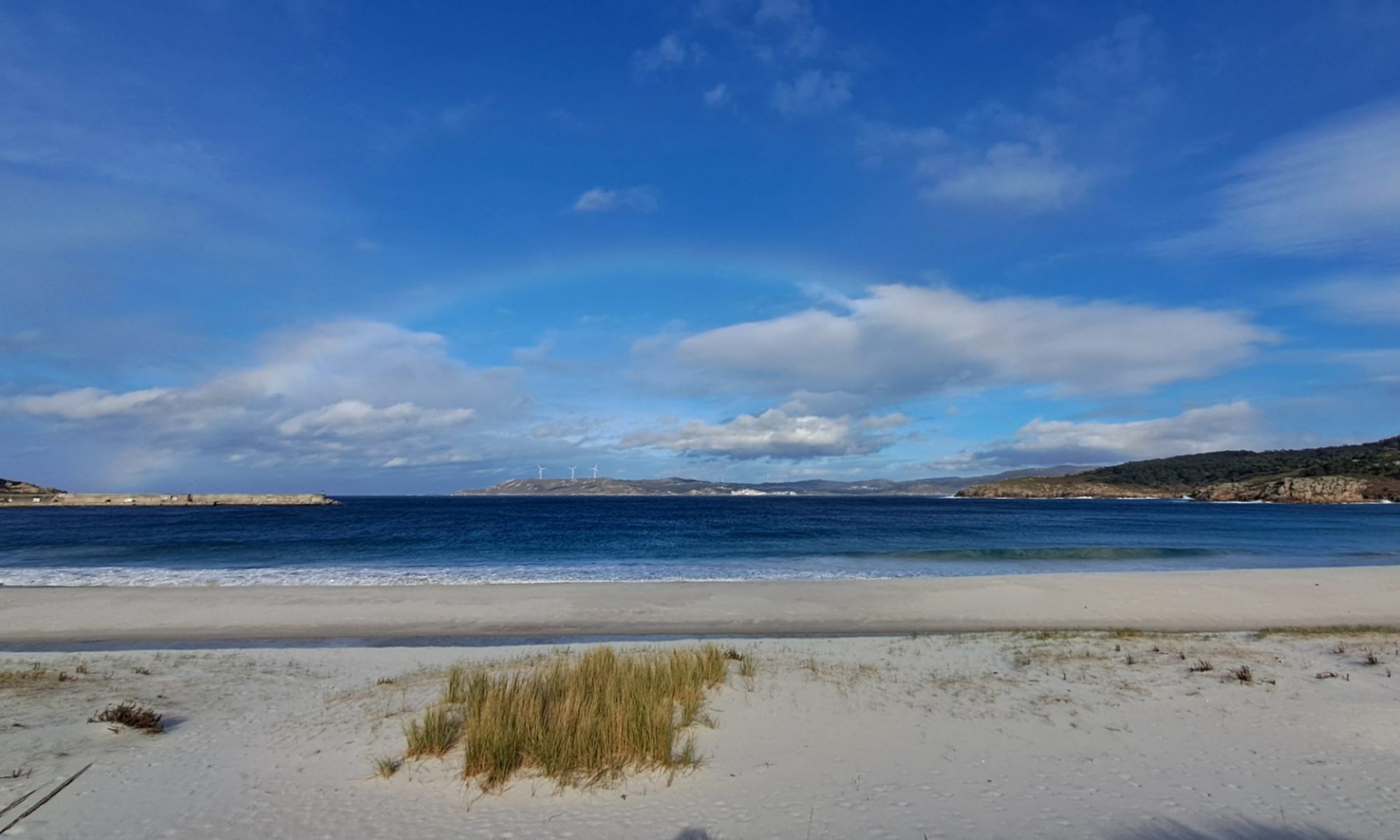I read the book Empire by Niall Ferguson, an interesting history of the British Empire, an Empire that covered a quarter of the world’s land by the end of the first world war. What’s interesting about the British Empire is that much of it was started and run by commercial entities and only later did government formally take over.
It started in the Caribbean with English sailors taking islands away from the Spanish. These were largely profitable and government soon took over the running. In the East there was dispute with the Dutch who were trading in India and the East Indies (Indonesia, Malasia etc), but that was solved when the Dutch king William taking over the English throne and splitting the east up with England getting India and the Dutch getting the East Indies. The Indian colony was run by a privately owned company, the East India Company, who slowly took over the whole sub-continent, from modern day Pakistan to Burma.
North America was fought over against the French in the Seven Years War. France losing the war allowed Britain to become the dominant world power for the next two centuries. One obvious problem being the revolution in the US which started when the British lowered taxes on imports and all the local smugglers got annoyed that they couldn’t compete any more. France helped the US in their fight for independence mostly to get back at Britiain. As with a lot of wars the politics is not as simple as is often made out and many British supported independence for the US and many US residents supported British rule. When the rebels one the war most Loyalists went to Canada, which helps explain why Canada stayed part of the Empire for so long. Losing the US wasn’t considered much of a problem since it was an inhospitable place already populated with natives and wasn’t generating any revenue (unlike the Caribean islands which were invaluable for growing sugar).
While the US was unprofitable, Australia had even more harsh terrain and was up to 8 months sailing away, so it was populated with convicts who worked as slaves for a period for the relatively few free landowners. Far more slaves however were taken to the Caribbean and the US from Western Africa, about three million in total. But somewhere in the 18th century the political mood about slavery changes and the slave trade is banned. Not only is it banned between British colonies, but the British Navy is also sent to stop the trade of Africans to Brazil and later of Easten Africans to Arabia and Persia.
David Livingstone was a church missionary who went to Africa to convert them all to Christianity. He only ever converted one person, who reverted after a month because he preferred polygamy, so Livingstone turned into an explorer and was the first white person to cross central Africa. He convinced the government to fund the founding of a colony in Eastern Africa which failed horribly when the ship couldn’t sail up the Zambizi because of some waterfalls Livingstone had failed to chart correctly. As usual though private enterprise succeeded where government had failed, and the main difference was a horrific new machine gun called the Maxim Gun, a small number of which could kill a whole tribe of Zulu warriors before a battle had begun. South Africa was colonised to mine for gold and diamonds and the monopolistic De Beers company funded much of the murderous expansion north into Rhodesia (Zimbabwe). Eventually the British had colonised a solid path of continent from South Africa to Egypt.
Egypt had been squabbled over with France for ages but was sorted out with the Entente Cordiale. With Egypt, British interests moved into the Middle East, much of which was occupied by the Turkish Ottoman Emptire. During the first world war the Germans trained and encouraged the Turks to fight the British. Much of the British army in the area was made up of forces from the Colonies: India, East Africa, Egypt and ANZACS (Australia and New Zealand), many of whom were promptly killed. When Germany and Turkey were defeated British took over their empires, gaining British a number of colonies in the Middle East: Palestine, Jordan, Transjordan (Syria) and Mesopotamia (Iraq), and Western Africa.
Between the world wars the world was understandably poor, and people questioned the need for an Empire that seemed to benefit a few wealthy businessmen but not the country as a whole. After the second world war the national debt was worse and the costs of socialist government such as the NHS high, and most of the empire was wound up in a couple of decades. For all the brutality in taking over lands and turning them into countries, once the British were in power they were a largely benign government. The dismantling of the empire was in many countries a disaster that created wars and dictators. In many places the empire did a good job of spreading representative government, and it was certainly better than any of the alternatives during the middle of the twentieth century (Nazi Germany, Fascist Italy, Communist Russia, Imperialist Japan). It also spread the English language and free trade, all largely beneficial.
This book missed out a number of colonies which would have been interesting to learn about, from Hong Kong to Cyprus and especially Mesopotamia, but is otherwise an excellent introduction to an important part of world history we often forget about.
